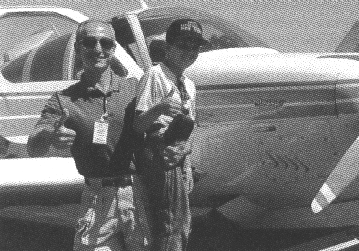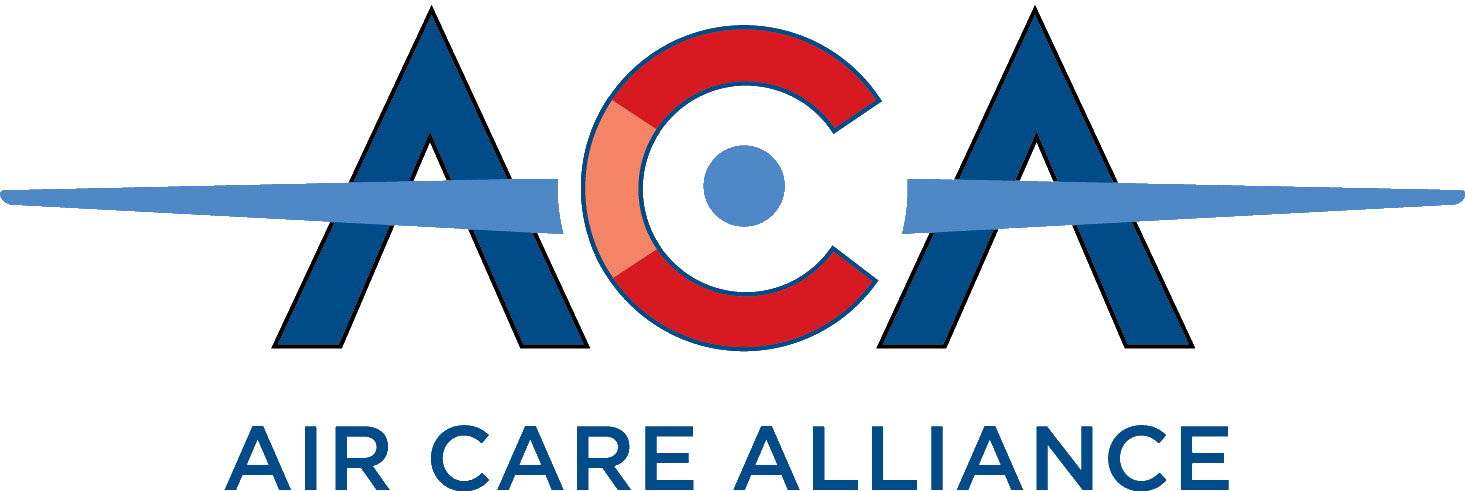FAA INTERCOM Article:
FAA published an informative article about the COMPASSION call sign in its magazine for FAA personnel, “Callback.”
The following article was published in the April 13, 1999 FAA Intercom newsletter April and circulated to personnel at all FAA Regional Offices.
FAA Intercom
April 13, 1999
Calling All Angels
Picture: Angel Flight West is part of the Air Care Alliance that provides medical and relief-related air transport services.
| It is now easier to identify angels in the air, thanks to the FAA. The agency has assigned a three-letter identifier code that can be used by pilots across the country flying as part of the Air Care Alliance, a group of non-profit charitable organizations that provide medical transport for patients.
The organization’s 4,000 members — including many FAA employees — also provide transport for tissue/organ transplants and emergency/disaster relief efforts. The new three letter identifier — CMF — and its radiotelephony call sign, “COMPASSION,” make it easier for pilots to file flight plans with the FAA, reduce potential confusion about their mission, and provide a heads-up to air traffic controllers about the type of flight they will be handling. Rol Murrow, former chairman of Air Care Alliance, explained that some Air Care Alliance flights in the past have been mistakenly identified as “Lifeguard” flights, which receive priority handling by air traffic controllers because they involve life-and-death situations. Although some Alliance flights are flown under the “Lifeguard” identification, it is usually not necessary. Using the CMF identifier, however, does allow Air Care Alliance pilots to request |

special handling to keep patients comfortable, such as flying at lower altitudes or on routes that avoid potential turbulence. Angel Cases, an airspace and procedures specialist in the New England Region’s Air Traffic Division, was one of the FAA leads in designating the new identifier code. Because of their mission to communities throughout the U.S., Cases expedited Air Care Alliance’s request for an identifier code. “I needed to make sure they met the requirements, and if they weren’t able to, I wanted to assist them in documenting a case for a waiver to the requirements. That way they would be able to perform their mission,” Cases said. Because of the FAA’s work on this issue, volunteer pilot organizations like Angel Flight Northeast in Andover, Mass., Wings of Mercy in Muskegan, Mich., and Angel Flight West out of Santa Monica, Calif., can now provide their missions of mercy in a clearer, safer environment. In addition to Cases, Murrow wanted to especially thank John Elliott in the Air Traffic Operations Program and all the other FAA offices that helped with this effort. “Air Care Alliance’s mission has been supported steadfastly by officials and the rank and file of the FAA,” Murrow said. |
